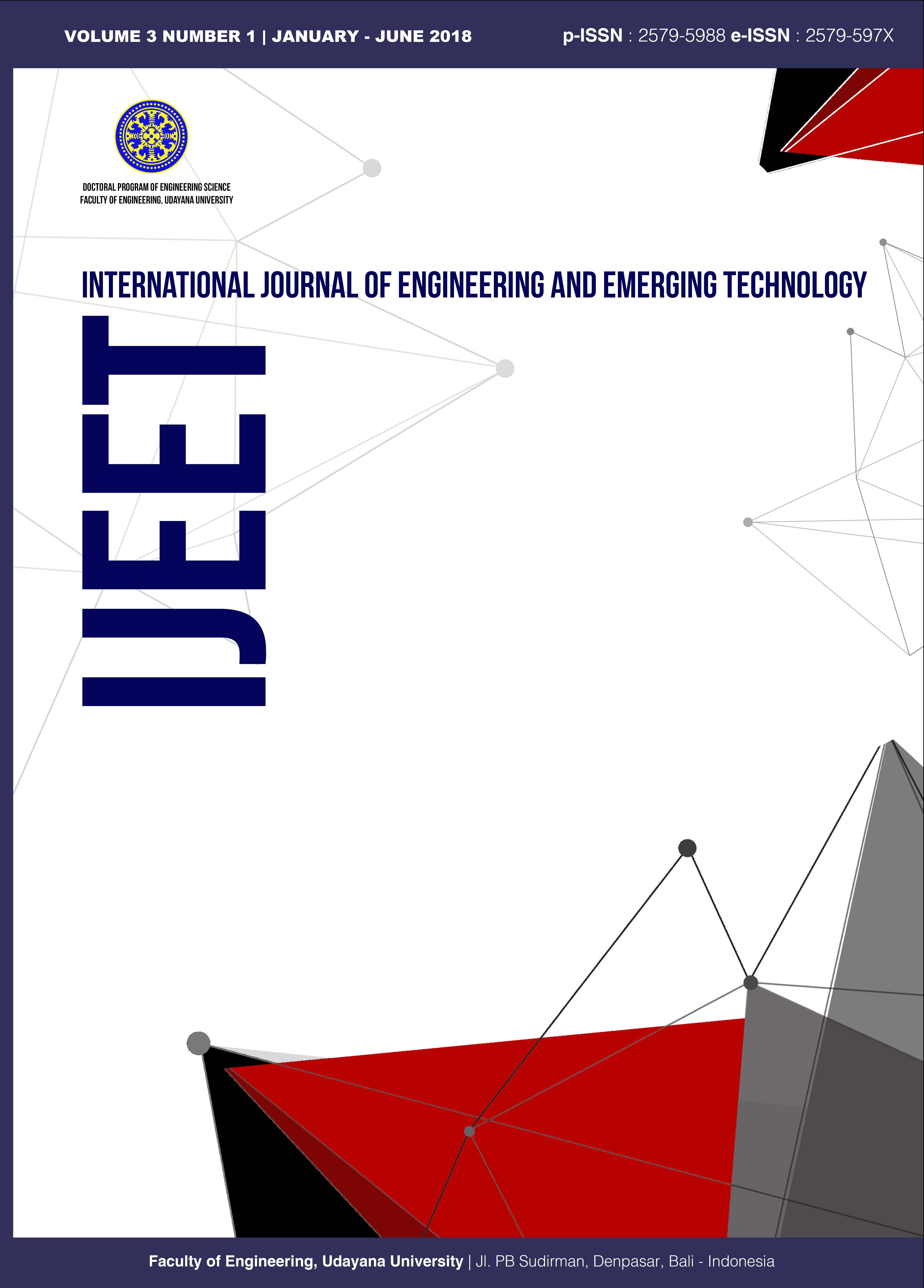The Optimization of Feature Selection Using Genetic Algorithm with Naïve Bayes Classification for Home Improvement Recipients
Abstract
The purpose of this study is to help predicting the recipients of home improvement based on the optimized criterias. The classification method is using naïve bayes method. Naïve Bayes classification is one of data mining classification technique that can predict future probabilities based on past experience. But, naïve bayes method has a disadvantage that the independence characteristics of Naïve Bayes feature can not always be applied so it will affect the accuracy. Due to the independence characteristics, Naïve Bayes classification method needs to be optimized by feature selection technique. Genetic algorithm are one of the most commonly used methods of feature selection techniques. The results achieved is Naïve Bayes Method can be applied to determine the recipients of home improvement, which seeks the greatest opportunity or alternative probability by exploiting the conditional probability of each criterion that has been optimized. This can be used as consideration, reference, and facilitate in determining the community welfare and the program rolled right on target.

 Indexed By
Indexed By







